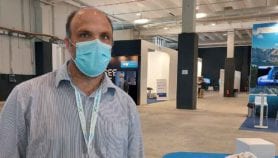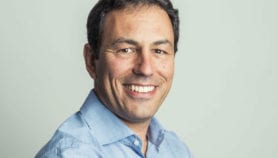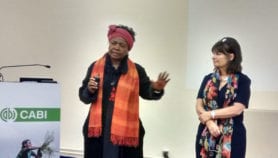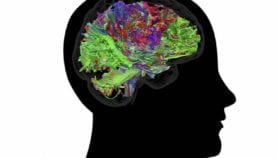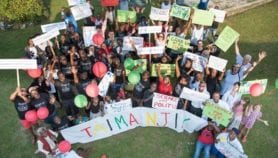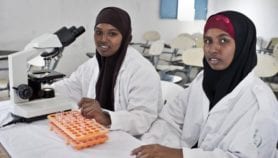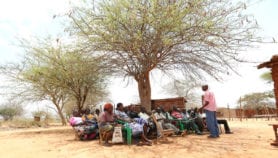By: Julie Wakefield
Send to a friend
The details you provide on this page will not be used to send unsolicited email, and will not be sold to a 3rd party. See privacy policy.
The chief organiser of the Stockholm environment conference of 1972 has urged the creation of a global coalition of renewable energy research organizations as a possible outcome of next year’s World Summit on Sustainable Development (WSSD), to be held in Johannesburg next September.
Maurice Strong, currently president of the UN University for Peace, said that such a group should be directly comparable to the Consultative Group on International Agricultural Research, created 30 years ago under the auspices of the World Bank to stimulate agricultural research and make the results available to developing countries.
He has also suggested the creation of a UN-mandated multi-stakeholder ‘world collaborative’ for sustainable development. This would be made up of governments, private corporations, and social and environmental groups, as well as individual communities.
Strong’s proposals were made during a panel discussion on the final day of the second National Conference on Science, Policy, and the Environment, organised in Washington last week.
In separate remarks, fellow panellist John Porter, who retired last year as a Republican member of the House of Representatives, predicted science will be high on the summit agenda. “Making science the basis for policy is something we should have done a long, long time ago,” he said.
Porter also urged President George W Bush to grasp the “new opportunity for leadership” that the summit presented. “I’d love to see President Bush, who has shown tremendous leadership in bringing the world together to fight terrorism, bring the world together to support sustainable development,” said Porter.
The conference was called to address the issue of ‘Sustainable Communities: Science and Solutions’, particularly in the light of preparations for the Johannesburg summit. Known as Rio+10, this will review progress since the first such world summit, held in Rio de Janeiro in 1992, and chart a course forward for sustainability.
Strong, who is currently chair of the Earth Council, said that at present non-governmental organisations and other actors “sit around the fringes of the official meeting, but they need to be around the table.”
The constituents of the proposed ‘collaborative’ would not have decision-making power, he said. “But they would have a powerful influence; if each had an equal voice in developing the recommendations, that would have real credibility with governments.”
Despite current pessimism about the prospects for the WSSD in parts of the environmental policy community (see Johannesburg ‘must translate words into action’, 19 November 2001) several speakers at last week’s meeting remained upbeat. “I’m very optimistic,” said Jacob Scherr, director of the Natural Resources Defense Council’s international programme.
But Scherr, like others, cautioned that expectations needed to be realistic. “Although Rio didn’t totally change the planet, it forced national leaders to at least think about the issues and in many cases take real concrete actions,” he said.
Jonathan Margolis, a senior policy director at the US State Department and head of the US delegation to UN Commission on Sustainable Development, pointed out that in contrast to Rio+10, which produced conventions on climate change and biodiversity, “there isn’t going to be a single global deal” in Johannesburg.
Instead, he said, the summit meeting is likely to see a series of smaller deals between various combinations of governments, NGOs, and stakeholders internationally. As a result, it was likely to produce a ‘micro picture’ of how to proceed step-by-step in pursuing the goal of sustainable development.
“We’re not looking for these grand solutions that sound good from a rhetorical perspective but rather we’re looking for solutions that actually lead to concrete developments on the ground,” Margolis said.
Alan Hecht, a member of the U.S. Council of Environmental Quality and the National Security Council, who is leading discussions within the White House on the US position at the conference, urged that it should adopt a different format from previous meetings.
“Throw out the UN agenda for the meeting, and dispense of the traditional canned speeches,” he said. “Instead, ask every head of state who comes there, ‘what kind of vision of life do you want 20, 30, [or] 40 years from now?’, and than let’s do what it takes to get there.”
© Scidev.Net 2001
More on Networks

Script media release
Journalists offered ‘big break’ mentoring opportunity from Radio Nigeria
03/04/19



